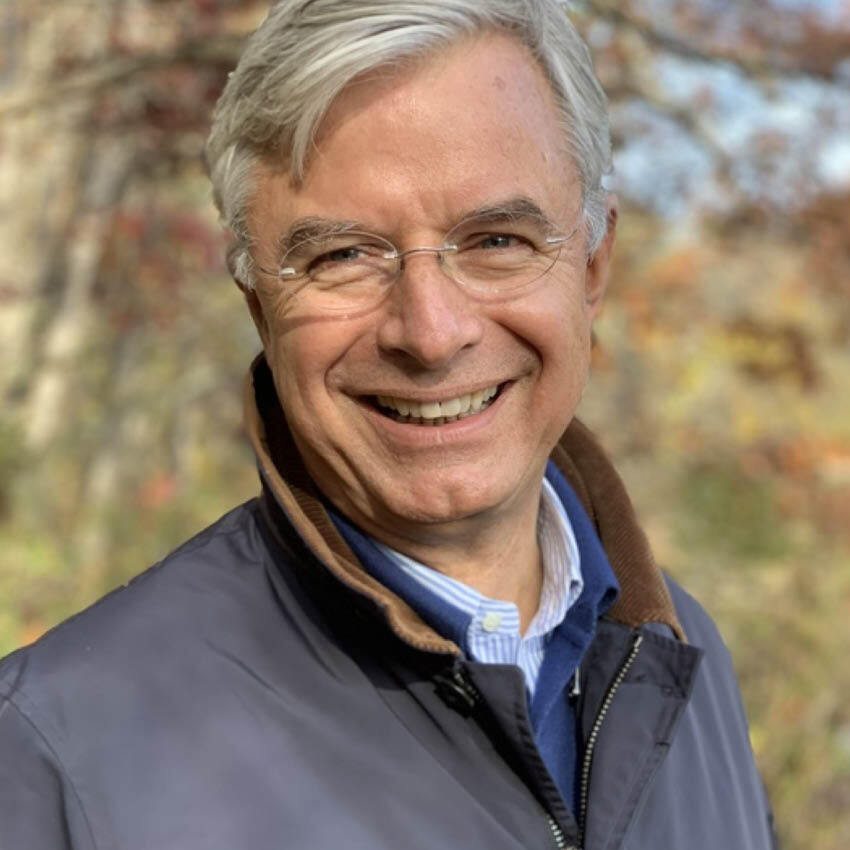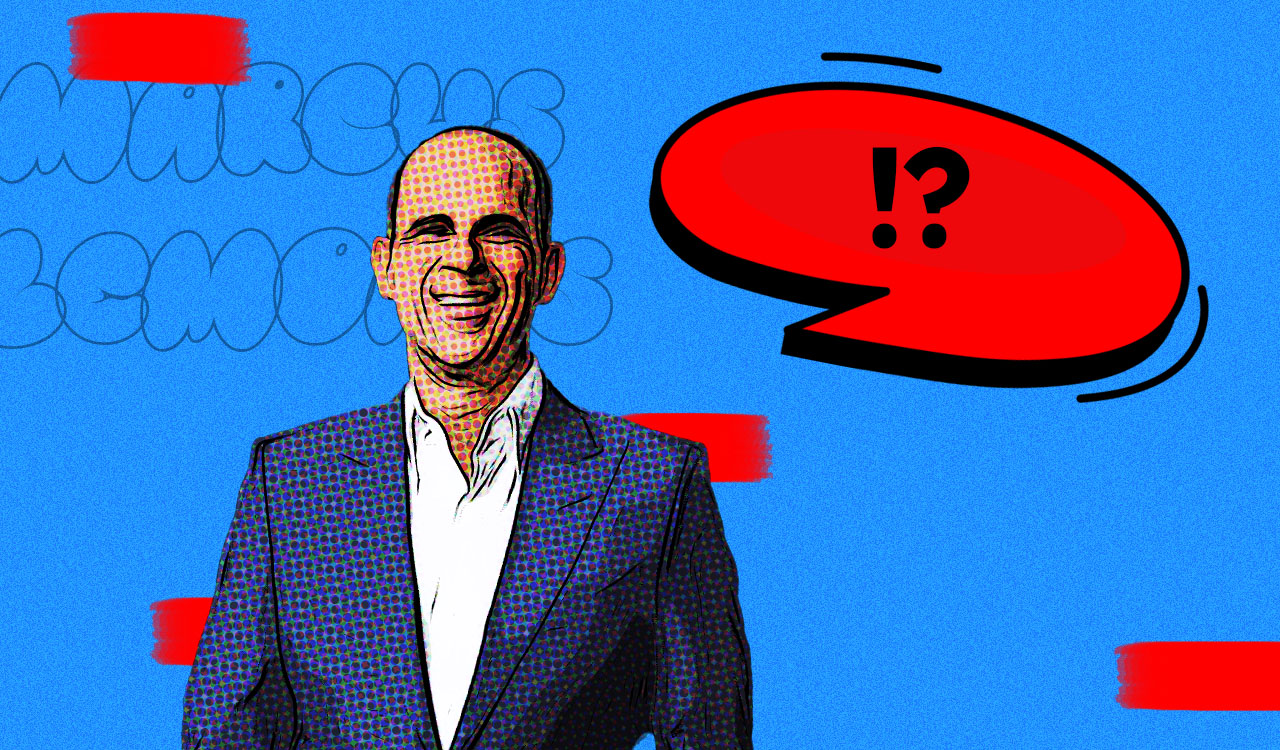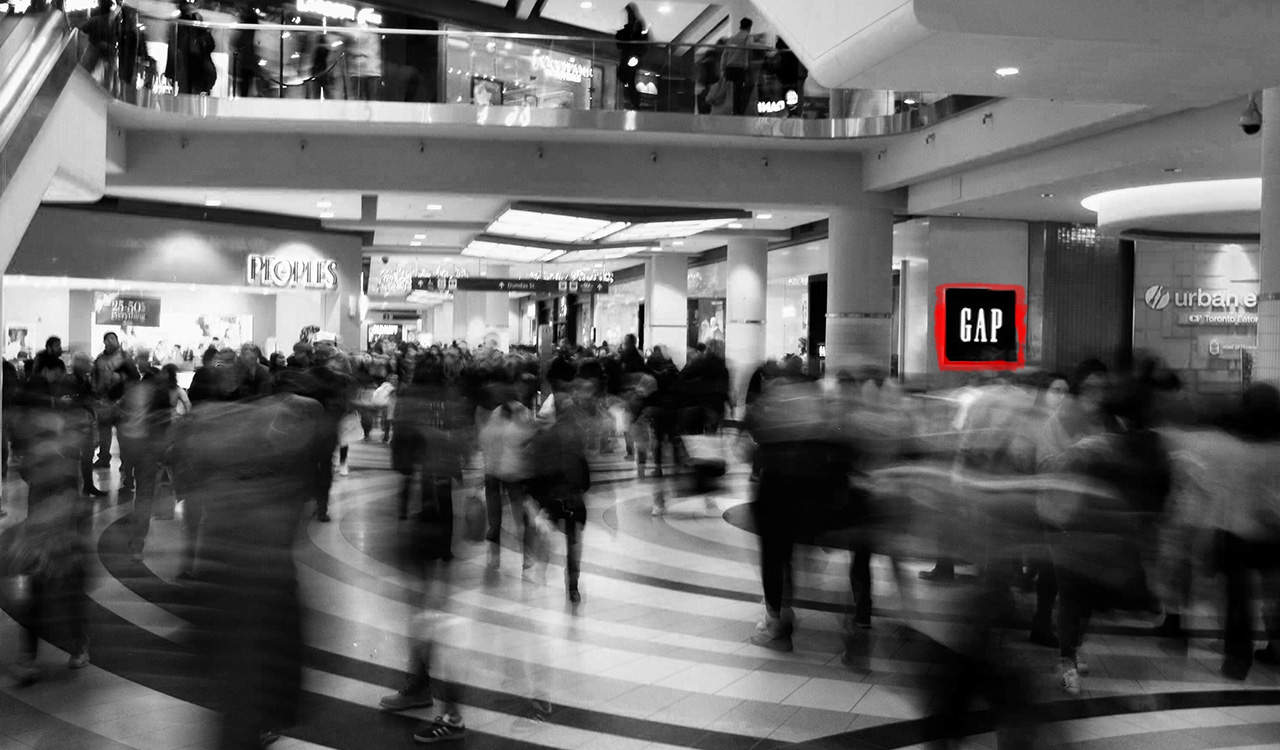Who is the executive who fixed a retailer that just about everybody thought was unfixable? One who quotes both The Godfather and Camus with equal authority? Someone who was a most unlikely candidate for the job that has now come to define his career. And a person who sees the magic in both people and companies.
To understand Hubert Joly, the former CEO of Best Buy and now a best-selling author and Harvard Business School professor, you need to understand all of the above dynamics — but that only gets you started. French born and educated, his career included stops at McKinsey and a large global travel agency. Yet nothing on his resume suggests he would become one of the most admired – and successful – retail CEOs of the past two decades.
“Next gen students and future leaders are very aware of the problems that exist in the world, and I like their mindset. I ask my students to write down their retirement speeches. To me, it’s all about the impact they want to have on others. I ask them to think about how you can be a force for good. Be the person who can release the human magic.” Hubert Joly
His engaging manner, straightforward thinking and an impish, almost whimsical smile suggest more of a philosopher than a businessman. He turns out to be very much both.
The Robin Report recently sat down with Joly – virtually at least – to talk about his role in turning around Best Buy, his thinking on what’s wrong with American business today, his new book and his opinion of the students at Harvard who will be the next generation of American business leaders. To say he was perfectly delightful is only to scratch the surface of Hubert Joly.
TRR: Let’s get right down to Best Buy. Why did you take the job and what was your initial impression of what in hindsight had to be a most daunting turnaround task?
HJ: When I first got the call about the Best Buy job, I told the recruiter “You’re crazy, I know nothing about retail.” The recruiter told me to take a look. So that’s what I did. I did a mystery shopping visit, going through the customer journey. What I found was that the world needed Best Buy. I also discovered that all the company’s problems were self-inflicted. With that I went back to the board and told them I was excited about taking the job and let’s do it.
TRR: So, what were your first steps?
HJ: The first week on the job I spent mostly in the stores, talking to the front lines. After that my job was easy: I took notes, said thank you to the people I talked to and then just moved forward. Two or three weeks after I started, I had a board meeting and told them this was the most dysfunctional company I had ever seen. Everybody said we were going down and that the only solution was to cut, cut, cut. But all our stores were profitable, so it made no sense to close stores. We had to start with fixing what was broken with the customer experience. We had to make sure our products were competitive, we had to fix our ecommerce, invest in our speed of shipping and create partnerships with our vendors.
All of this was people-centric, it was our people that were in control of our turnaround. We also had to eliminate waste and inefficiencies. About 70 percent of what we did had nothing to do with people. We had to create an environment for our people.
Our strategy was to become the best version of Best Buy we could be, not at the expense of others. It’s not a zero-sum game.
TRR: During the turnaround and in your book, “The Heart of Business,” you talk a lot about people.
HJ: There’s an old saying that if you pay peanuts, you get monkeys. For the past 50 years frontline workers have not been treated well. At Best Buy the starting wage is $15 but that’s not just the answer. During this period people are calling the Great Resignation, you need great recruitment. The key thing is empathy, listening to people. We say to create a future that doesn’t exist, yet we’ve got to shape that future. And people are critical for that turnaround.
TRR: Many of your practices and policies at Best Buy were unusual, even orthodox.
You’ve been critical of the way American businesses are run, especially in the book.
HJ: The book is a philosophy of the reinvention of business. The world is not working right now. On my own FBI Most Wanted List the top two people are (economist) Milton Friedman and Robert McNamara (one-time president of Ford and later the Kennedy administration Secretary of Defense who led the U.S. involvement in Vietnam). Business has been modeled by these two practitioners and they are wrong. I believe companies need to pursue a model that treats profits as an outcome not a goal. At Best Buy, we said were not a retailer but a company in business using technology to enrich lives. When we were down, we couldn’t just surrender. We decided we all make mistakes, but we were all people who wanted to win. In 2016 we experimented with a lot of ideas, and I gave every officer a “Get Out of Jail Free” card so we could try new ideas.
TRR: You weren’t afraid to make mistakes.
HJ: If you’re a leader, you have to be able to say, “I don’t know.” In some ways being an outsider made it easier to ask questions. I said let’s sit down and figure this out together. It’s a matter of not being a know-it-all, but a learn-it-all. A great quality of a leader is humility.
TRR: Since you left your successor has initiated some changes that seem to run counter to things you were doing.
HJ: I’m proud of Corie (Barry, now Best Buy CEO) and I’m cheering for her from the sidelines.
TRR: In your current role at Harvard Business School, you work with the next generation of business leaders. What do you think of them?
HJ: They are just wonderful. They are very aware of the problems that exist in the world, and I like their mindset. I ask my students to write down their retirement speeches. To me, it’s all about the impact they want to have on others. I ask them to think about how you can be a force for good. Be the person who can release the human magic.
TRR: Given your success at Best Buy one has to assume you are in demand from other retailers who want to hire you.
HJ: It’s always nice to be asked, but the answer is no. I don’t want to be a CEO anymore. I want my next chapter to matter.




